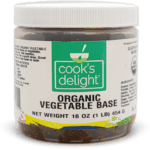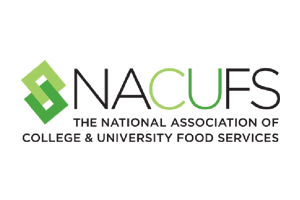Food Ingredients: What Consumers DON’T Want
Food is Becoming More About What Is Not In the Food
“When Americans define what makes a food healthy, it’s becoming more about what isn’t in a food rather than what is in it.” This is a key finding of the Food and Health Survey conducted by the International Food Information Council (IFIC).
What food consumers avoid
Food purchasing decisions and restaurant choices are influenced by consumers’ perceptions of what makes food healthy, safe, and sustainable, according to survey findings. Nearly half of consumers examine the ingredient lists of foods and beverages before choosing their purchases, found the survey. Here are some of the red flags identified:
- GMO foods. About one-third of consumers are trying to avoid foods that contain GMO ingredients. A higher proportion—44 percent of Americans—support GMO ingredient labeling on foods. There are regional differences in attitudes towards GMO foods. Opposition is greatest in the West, and support is higher in the East, notes the IFIC. In addition, 14 percent of Americans choose a restaurant because it advertises non-GMO food on its menu. Learn more about food industry challenges with the non-GMO demand.
- Food preservatives. Nearly half of consumers surveyed said that the potential health risks of preservatives influence their willingness to purchase a food product.
- Enriched grains. As attributed primarily to media coverage of nutrition, 1 out of 5 consumers has recently formed a negative opinion of enriched grains, found the survey. In all, about two-thirds of consumers say they are trying to consume fewer enriched grains. Similarly, 70 percent say they are aiming for more whole grains.
- One in 5 consumers is trying to limit or avoid gluten in foods.
- Added sugars. More than half of Americans are trying to avoid high fructose corn syrup, and nearly two-thirds want to stay away from added sugars in general. Nevertheless, acceptance of natural sugars is on the rise. Consumers view fruit and honey as examples of natural sugars.
- Low-calorie sweeteners. Two in five are trying to limit or avoid artificial sweeteners. About half of consumers indicate they have chosen artificial sweeteners to reduce caloric intake, and 57 percent of Americans say they are trying to lose weight, reports the survey. Yet acceptance of artificial sweeteners is declining.
- Packaged foods. One-third of consumers avoid or limit packaged foods because they contain artificial ingredients or preservatives, or have extra sugar, fat, and salt. Yet about one-third choose packaged foods for convenience.
Explore our Cook’s Delight® Clean Label Soup Bases and Flavor Concentrates and learn how our soup bases can help you create better recipes and delight your customers. Learn more about soup base
What food ingredients consumers DO want
Along with the findings about avoidances, the IFIC identified consumers’ desires for certain food ingredients, including protein, fiber, whole grains, vitamins, potassium, natural flavors, omega-3s, probiotics, and natural flavors.
An overall trend leans towards selection of “natural” foods, with “natural” meaning no preservatives or additives, having ingredients that come straight from nature and whole foods, or having no artificial ingredients or flavors, according to the survey.
The IFIC survey findings provide insight into market success for new product development. Are you looking for food ingredients that fit today’s consumer demands? Read more about Formulating Clean Label Food Products to the ‘No No Lists’ and explore Cook’s Delight clean label soup bases, including options for gluten-free and Certified Organic.






